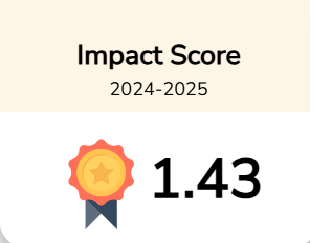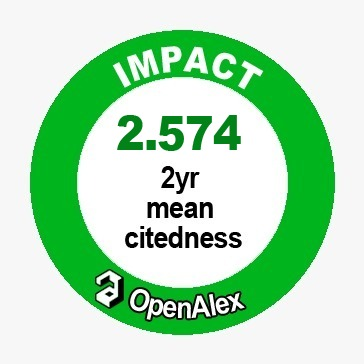Government policy on former foreign migrant workers who are at risk of infecting HIV/AIDS in East Lombok District, Indonesia
Downloads
Purpose: This study aims to determine government policies for former migrant workers at risk of transmitting HIV/AIDS and find solutions to improve the effectiveness of these policies. The Province of West Nusa Tenggara is ranked fourth in Indonesia due to the increasing transmission of sexually transmitted diseases (STDs) and HIV/AIDS among migrant workers from Lombok. The main factor causing the high number of Indonesian workers going abroad is the economic factor. This sending of workers has a negative impact on their return to the district, for example the spread of HIV/AIDS and STDs.
Design/Methodology/Approach: This study used a qualitative-descriptive approach to understand the behavior, views and attitudes of migrant workers towards government policies and the risk of HIV/AIDS transmission. Determination of informants in this study using a purposive sampling technique.
Finding: The results of this study explain the risk of HIV/AIDS transmission and the lack of information about transmitting HIV/AIDS among migrant workers.
Conclusion: Migrant workers are marginalized and lack sufficient knowledge about HIV/AIDS transmission and its prevention. Their perception of risk is generally low, services and access to information about HIV/AIDS and its impacts are limited and there are cultural misunderstandings and the high cost of treatment for foreigners among illegal migrant workers.
Research Limitations: The study’s focus is limited to the East Lombok District. Other provinces have not been addressed.
Practical Implications: The results of this study can be used as a reference for local governments to make or reformulate health policies.
Contribution to Literature: This case can be used as a reference for developing health policies especially for Indonesian migrants.





